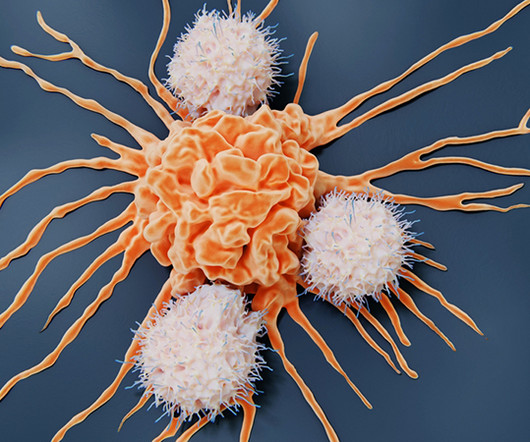Researchers reveal regenerative potential of the thymus
Drug Discovery World
AUGUST 31, 2023
Roberta Ragazzini, Postdoctoral Research Associate at the Crick and UCL, and first author of the paper, said: “It’s paradoxical that stem cells in the thymus – an organ which reduces in size as we get older – regenerate just as much as those in the skin – an organ which replaces itself every three weeks.













Let's personalize your content